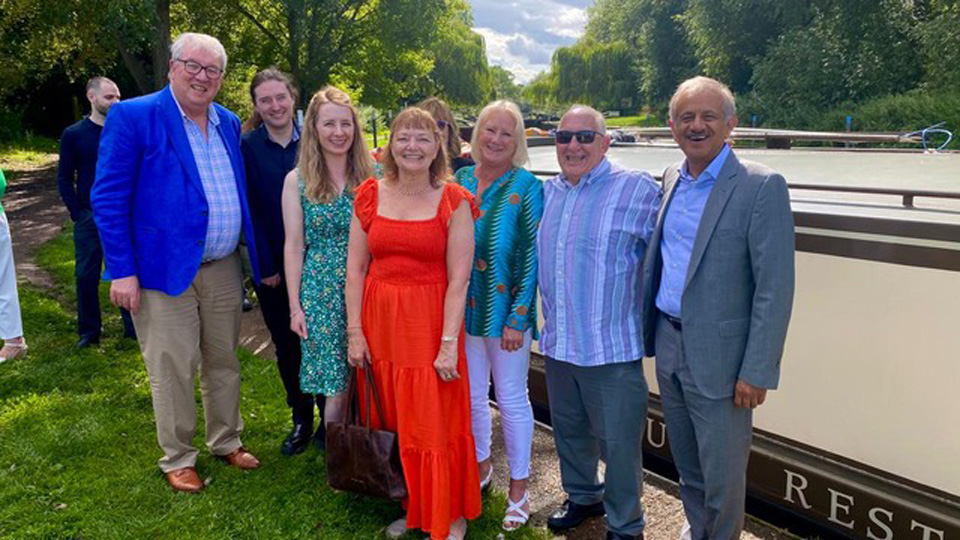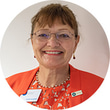- OT
- Life in practice
- Practitioner stories
- Continuing professional development
I could not live without…
Continuing professional development
Susan Bowers, one of the first independent prescribing optometrists in the UK and the holder of both a glaucoma diploma and an ‘accidental’ MSc, tells OT how CPD has shaped her career

26 December 2023
I have done so much CPD in my career. I spent 13 years as an AOP Councillor. I did all the local peer discussions, and of course, you get points for turning up. I was at the College of Optometrists for three years, two years as a trustee, where I had to do the same. I did 13 years for British Contact Lens Association too. You help run workshops and go off to conferences, and of course, you get points for those too. I ended up getting lots and lots of points by accident. But I think it shouldn’t matter how many points you get, really. It should be that you’re interested and you want to learn.
It shouldn’t matter how many points you get, really. It should be that you’re interested and you want to learn
Resisting the comfort zone
I think you have to be a little bit careful with CPD, because you tend to do your favourite subjects. I did a lot of CPD in dry eye and a lot in contact lenses. I was also quite interested in doing nutrition, and of course, a lot of glaucoma. But then, you might get rusty in areas like low vision. I didn’t do any dispensing for a long time, because I worked with a dispensing optician. You hone and develop your areas of interest. I had quite a lot, paediatrics in particular.
I did an MSc thesis, with Professor Bruce Evans, about reading difficulties. That was very rewarding, but it was a complete accident. Each year I’d do a course at City, University of London. I did neurology one year. Eventually, they said, ‘you’ve got enough credits to have an MSc if you write a thesis.’ I thought, ‘wow, I’d better write a thesis. So I did.’ Most of this was just because I was interested in learning. I didn’t want my brain to go rusty.

Future proofing the profession
A lot of optometrists have worked really hard, and by the time they qualify, they might be a bit burned out. But having had a little break, I think they should then carry on learning so that they can do more. It makes the job more interesting.
You get to use your brain, and you get to use your skills, but you also get to help people in your community more. If you look at the ageing population, the level of glaucoma we’ve got is going up and up and up, but the number of ophthalmologists isn’t. They are really strapped for time, with strikes, with COVID-19, and with the NHS being so demoralised, sadly. So, people are going blind while they’re on the waiting list, or they fall through the system if they’ve lost an appointment. If they had community glaucoma care, it would make a huge difference.
Advertisement


Comments (0)
You must be logged in to join the discussion. Log in